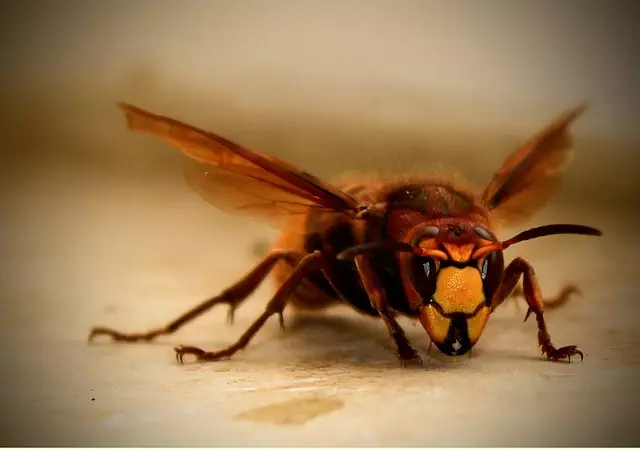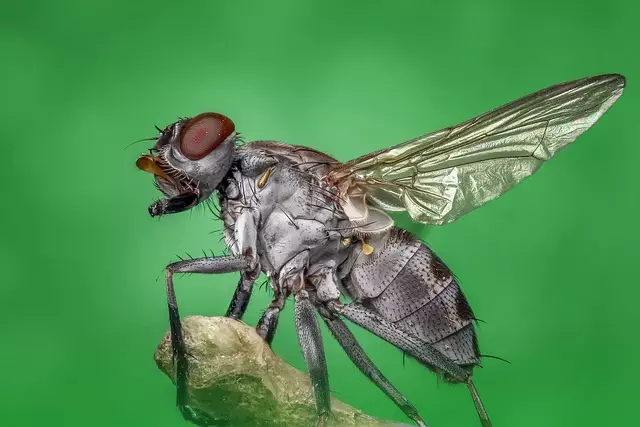Pest exterminators are trained professionals who identify, prevent, and eliminate a wide range of pests from homes and businesses using safe methods including chemical treatments, traps, and non-toxic alternatives. They prioritize safety, environmental protection, and effective eradication of common pests like rodents, bed bugs, termites, ants, roaches, mosquitoes, and spiders. Reputable exterminators offer tailored solutions, regular inspections, and preventive measures, while navigating strict regulations to provide peace of mind and maintain a healthy environment. Choosing an experienced, licensed professional with eco-friendly methods ensures quality service.
“Meet your silent heroes: Pest exterminators are the unsung warriors in the battle against common pests. This comprehensive guide dives into the world of these experts, uncovering their crucial role in maintaining a pest-free environment. From understanding who they are and what they do to exploring the latest techniques and safety measures, we demystify the process. Learn about various pests they target, cost factors, and how to choose the right professional for your space. Additionally, discover preventive tips and ethical considerations shaping the industry. Armed with this knowledge, you can effectively navigate pest control like a true expert.”
Understanding Pest Exterminators: Who They Are and What They Do
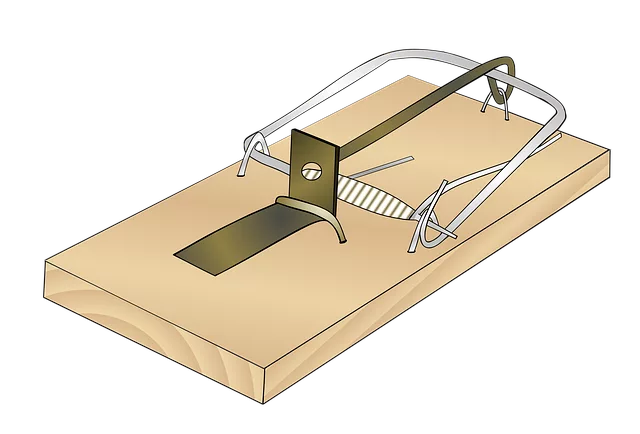
Pest exterminators are professionals trained to identify, prevent, and eliminate pests from homes, businesses, and other properties. They possess specialized knowledge and equipment to handle a wide range of insects, rodents, and other creatures that can invade living spaces. These experts play a crucial role in maintaining healthy environments by offering effective solutions to pest-related issues.
A typical pest exterminator assesses the scope of the problem, locates the pests’ entry points, and determines their behavior patterns. They then employ various methods, including chemical treatments, traps, and non-toxic alternatives, to eradicate the infestation while ensuring the safety of occupants and local ecosystems. Regular inspections and preventive measures are also part of their service, helping to deter future pest invasions.
Common Pests That Exterminators Target
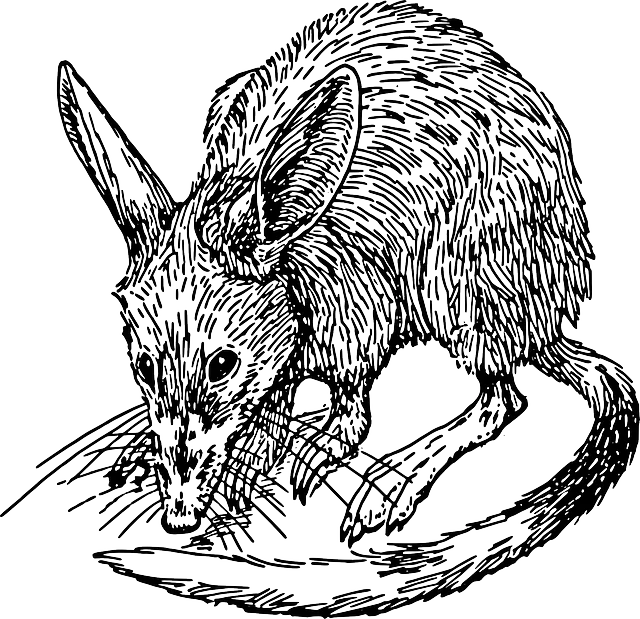
Exterminators are professionals who specialise in controlling and eradicating pests from homes, businesses, and other properties. They often target a wide range of common pests that can pose significant problems for property owners. These include rodents like rats and mice, which are not only a health hazard but also known to cause extensive damage to structures with their gnawing; bed bugs, which have made a resurgence in recent years and are notoriously difficult to eliminate; and termites, often called silent destroyers due to their ability to chew through wood without being noticed, leading to serious structural damage.
Other common pests that pest exterminators target include ants, roaches, mosquitoes, and spiders. Ants can infiltrate homes in large numbers and leave trails that lead to food sources, while roaches are not only a health risk but also known to cause allergic reactions. Mosquitoes are a particular concern during warmer months due to their ability to transmit diseases like Zika and West Nile virus, whereas spiders, though often feared, rarely pose a serious threat to humans unless they have a severe allergy. Effective pest control requires professional knowledge and tools, making it crucial for homeowners to seek the services of a reputable pest exterminator when dealing with these common pests.
The Process of Extermination: Steps and Techniques Used
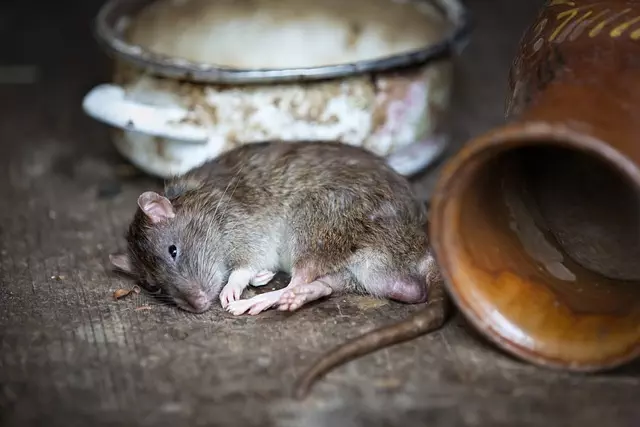
The process of extermination involves a systematic approach to eliminate pests, ensuring a safe and healthy environment. A professional pest exterminator begins by conducting an extensive inspection to identify the scope of the infestation and determine the species of pests present. This step is crucial as it allows for tailored treatment methods. After the assessment, the expert designs a customized plan, considering the type of pests, their behavior, and the most effective solutions.
Treatment techniques vary depending on the pest and can include application of pesticides, baits, or traps. For instance, targeted spraying is common against insects like ants and roaches, while sticky traps are effective for capturing flies and mosquitoes. In some cases, an integrated pest management (IPM) approach is adopted, which combines chemical interventions with biological control agents or cultural practices to achieve long-term prevention. Regular follow-up inspections are also vital to monitor the situation and ensure the complete eradication of pests.
Safety Measures and Environmental Considerations in Extermination

When it comes to extermination, safety is paramount for both the pest control experts and the environment. Reputable pest exterminators employ rigorous safety protocols to ensure their team members are protected while treating homes and businesses. This includes using personal protective equipment (PPE), such as gloves, masks, and goggles, to safeguard against hazardous chemicals. Moreover, these professionals rigorously follow manufacturer guidelines for chemical application, minimizing risks associated with exposure.
Environmental considerations play a significant role in modern pest extermination practices. Many pest control companies now opt for eco-friendly methods and products whenever possible. These alternatives minimize the ecological impact of treatments while still effectively eliminating pests. By prioritizing both safety and environmental stewardship, reputable pest exterminators offer peace of mind, ensuring that homes and businesses are free from unwanted intruders without compromising the well-being of people or the planet.
Choosing the Right Exterminator for Your Home or Business

When selecting an exterminator for your home or business, it’s crucial to choose a reputable and experienced professional. Start by researching local pest control companies and reading customer reviews to gauge their reliability and service quality. Verify their licensing, insurance, and certifications to ensure they meet industry standards. Reputable exterminators will offer tailored solutions, providing both short-term relief and long-term prevention strategies against pests.
Consider the type of pests you’re facing, as different exterminators specialize in specific insects or rodents. Look for companies that use eco-friendly methods if sustainability is a priority. Additionally, inquire about their guarantee policies, ensuring peace of mind knowing that your property is protected. Effective communication and transparency from the exterminator regarding their processes and products are essential for building trust.
Cost Factors and Pricing Models in Pest Extermination Services

The cost of pest extermination services can vary greatly, influenced by several factors. One of the primary considerations is the type of pests being addressed—different pests require distinct treatment methods and expertise. For instance, termite infestations necessitate specialized techniques and equipment, impacting the overall pricing. The size and scope of the infestation also play a significant role; a minor ant problem will be treated differently than a large-scale rodent invasion.
Pricing models in pest exterminator services can be diverse. Many companies offer flat rates for specific treatments, providing customers with transparency and simplicity. Others may charge based on the time spent and products used, ensuring that clients only pay for what they receive. Seasonal variations and location can also influence pricing; during peak seasons or in remote areas, costs might be higher due to increased demand and logistical challenges. Understanding these cost factors empowers homeowners to make informed decisions when choosing pest control services.
Preventive Measures: Tips to Avoid Pest Infestations

Preventing pest infestations is a proactive approach that many homeowners and businesses neglect, leaving them vulnerable to costly and unsanitary situations. A first line of defense against pests involves regular cleaning and maintenance. This includes eliminating food waste, sealing entry points like cracks and gaps, and keeping areas dry to prevent moisture-loving insects from thriving. Employing good hygiene practices, such as washing dishes immediately after use and regularly sanitizing surfaces, can deter many types of pests.
For those unsure about how to handle potential infestations, consulting a pest exterminator is a wise step. These professionals offer valuable insights and treatments tailored to specific pests. Regular inspections by exterminators can identify early signs of an impending infestation, making it easier and more cost-effective to address the issue before it escalates. By combining these preventive measures with professional guidance, individuals can significantly reduce the risk of pest invasions and maintain a clean, healthy living or working environment.
Legal and Ethical Aspects of Pest Control Industry

The pest control industry, involving professional pest exterminators, operates within a complex legal and ethical landscape. Regulations governing this sector vary by region, but they are designed to ensure both the safety of citizens and the environment while providing effective solutions for pest management. Exterminators must adhere to strict guidelines regarding the use of chemicals, including registration, labeling, and application protocols to mitigate risks associated with toxic substances.
Ethical considerations play a significant role as well. These professionals often deal with vulnerable populations and sensitive environments, necessitating transparency in service agreements and practices. Reputable pest exterminators prioritize non-harmful methods, offering eco-friendly alternatives where possible, and ensuring informed consent from clients. Maintaining a balance between addressing pest issues and upholding legal and ethical standards is paramount for the integrity of the industry and public trust.


